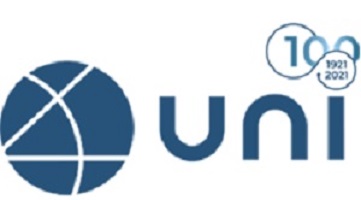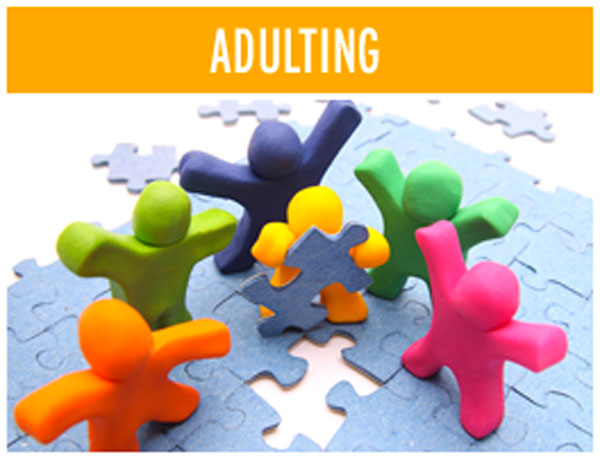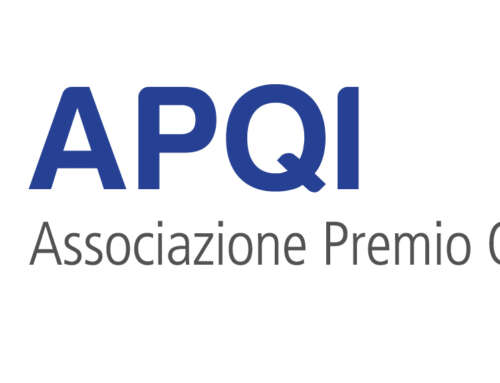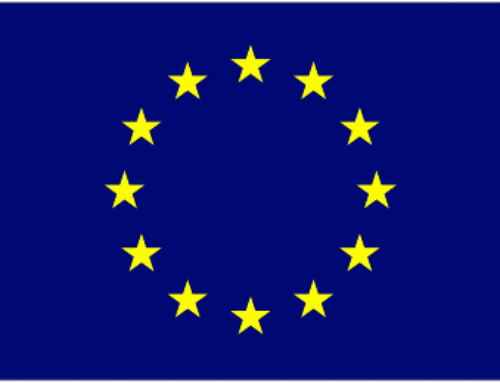

Published the UNI – ACCREDIA guideline to ISO 17033
Companies have understood that social responsibility and sustainability make the business growing by attracting consumers’, buyers’ and investors’ confidence, increasingly attentive to social and environmental issues. Ethical claims are the most immediate and effective way to reach the market.
How do you gain confidence that these claims are true and verified?
A first step forward was taken with the publication of the International technical specification ISO/TS 17033 “Ethical assertions and supporting information – Principles and requirements” which represents an important tool to put order, both in terms of terminology and procedure, in such a sensitive area for all organizations and which concerns the sphere of communication and transparency towards the market and consumers.
To provide the application guidelines on the responsibility and sustainability of the requirements of ISO/TS 17033, UNI (Italian Standardization Body) and ACCREDIA (Italian Accreditation Body) have published the document “UNI/Pdr 102/2021 “Ethical claims of responsibility for sustainable development – Application guidelines to UNI ISO/TS 17033:2020”, identifying the elements that an organization must take into account in declaring an etchical claim of responsibility for sustainable development. The practice aims to clarify the requirement for validation schemes and to provide organizations with a structured and shared path in preparing and declaring ethical claims aiming to focus on sustainability issues.
The purpose of this document is to define the requirements for preparing an ethical claim of responsibility for sustainable growth of a product, a service, a process or an organization.
The process of developing an ethical claim of responsibility for sustainable development includes the three dimensions of sustainability, which are:
- economic
- social
- environmental.
An ethical claim must take into consideration all the three dimensions of sustainability.
An ethical claim of responsibility for sustainable development allows to promote the demand and supply of those products, services, processes or organizations, whose characteristics can stimulate a process of continuous improvement towards sustainability and social responsibility with the involvement of stakeholders according to the principle of materiality.
Through a structured process that involves the evaluation of the impacts on Stakeholders towards sustainable development and the use of reporting tools already widespread on the market, the organization can support the actions underlying the assertion also with reference to the fundamental issues of OEDC Guidance for Responsible Supply Chains, ISO 26000 and the Sustainable Development Goals of the 2030 Agenda.
Looking at advertising it seems that all companies and all products, suddenly, have become sustainable. But will it be true? Does the company itself say so or has anyone verified these claims? The verification and validation of the claim ensures that a statement is not only truthful and not misleading, but that it cover all the aspects related to sustainability (therefore the social, environmental, and economic aspects) more relevant given a specific context. The objective data, the declared results, the objectives achieved are verified. It is an instrument to strongly protect consumers, which will now be able to trust what it is told for the promotion of a product.
There is a need to tackle fake promises and news! Now there is framework to recognize who with competence, impartiality and method, will be able to verify ethical claims for sustainable development.






Recent Comments